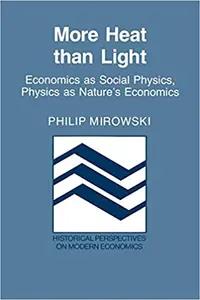More Heat Than Light: Economics as Social Physics, Physics as Nature's Economics
By Phil Mirowski
Category
EconomicsRecommended by
"More Heat Than Light" by Phil Mirowski delves into the intricate relationship between economics and physics, unraveling the historical intertwining of the two disciplines. Mirowski challenges the prevailing narrative that economics is a science by examining its foundations and tracing its roots to the mechanistic worldview of 19th-century physics and thermodynamics.
The book explores the influence of key figures such as Walras, Jevons, and Marshall on economic theory, revealing how they sought to legitimize economics by borrowing concepts from physics. Drawing parallels between the emerging field of economics and the physics of the time, Mirowski uncovers the underlying assumptions that have shaped economic thinking.
By dissecting the mathematical models and metaphors employed in economic theory, Mirowski demonstrates how economists have tried to align their discipline with the perceived legitimacy and precision of physics. However, he argues that these efforts have led to a misguided and reductionist understanding of both economics and physics, obscuring the inherent complexities of both fields.
Furthermore, Mirowski critically scrutinizes the concept of equilibrium, a central tenet of orthodox economics, and exposes its dubious connections to thermodynamics. He explores the dubious use of mathematical techniques such as statistical mechanics, network theory, and game theory in economics, highlighting their limitations and their inadequate depiction of economic systems.
With meticulous research and incisive analysis, Mirowski presents a compelling argument against the reductionist and mechanical approach of economics that has neglected the social and political dynamics inherent to the field. "More Heat Than Light" offers a powerful critique of the attempts to establish economics as a "hard" science, cautioning against the oversimplification of complex social phenomena and emphasizing the importance of interdisciplinarity and critical engagement in the pursuit of economic understanding.
In concise yet thorough fashion, Mirowski illuminates the historical and intellectual context in which economics emerged, shedding light on its failures and offering insights for a more comprehensive and nuanced approach. "More Heat Than Light" is an essential read for economists, physicists, and anyone interested in the deep connections between these two disciplines, urging us to question, reflect, and reconceptualize the foundations of economic thought.
The book explores the influence of key figures such as Walras, Jevons, and Marshall on economic theory, revealing how they sought to legitimize economics by borrowing concepts from physics. Drawing parallels between the emerging field of economics and the physics of the time, Mirowski uncovers the underlying assumptions that have shaped economic thinking.
By dissecting the mathematical models and metaphors employed in economic theory, Mirowski demonstrates how economists have tried to align their discipline with the perceived legitimacy and precision of physics. However, he argues that these efforts have led to a misguided and reductionist understanding of both economics and physics, obscuring the inherent complexities of both fields.
Furthermore, Mirowski critically scrutinizes the concept of equilibrium, a central tenet of orthodox economics, and exposes its dubious connections to thermodynamics. He explores the dubious use of mathematical techniques such as statistical mechanics, network theory, and game theory in economics, highlighting their limitations and their inadequate depiction of economic systems.
With meticulous research and incisive analysis, Mirowski presents a compelling argument against the reductionist and mechanical approach of economics that has neglected the social and political dynamics inherent to the field. "More Heat Than Light" offers a powerful critique of the attempts to establish economics as a "hard" science, cautioning against the oversimplification of complex social phenomena and emphasizing the importance of interdisciplinarity and critical engagement in the pursuit of economic understanding.
In concise yet thorough fashion, Mirowski illuminates the historical and intellectual context in which economics emerged, shedding light on its failures and offering insights for a more comprehensive and nuanced approach. "More Heat Than Light" is an essential read for economists, physicists, and anyone interested in the deep connections between these two disciplines, urging us to question, reflect, and reconceptualize the foundations of economic thought.
Share This Book 📚
More Books in Economics
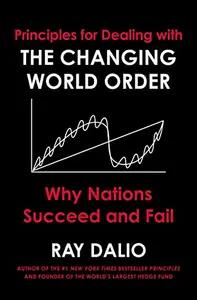
Principles for Dealing With The Changing World Order
Ray Dalio
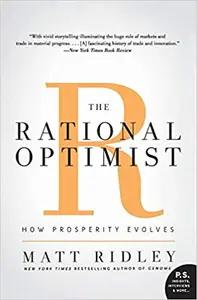
The Rational Optimist
Matt Ridley
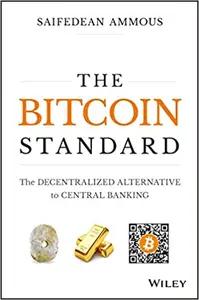
The Bitcoin Standard
Saifedean Ammous
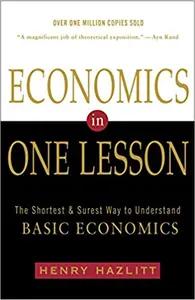
Economics in One Lesson
Henry Hazlitt
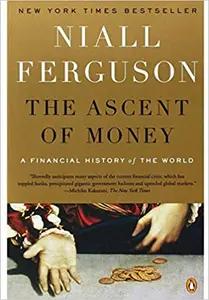
The Ascent of Money
Niall Ferguson
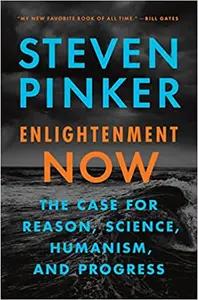
Enlightenment Now
Steven Pinker
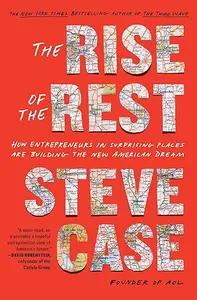
The Rise of the Rest
Steve Case
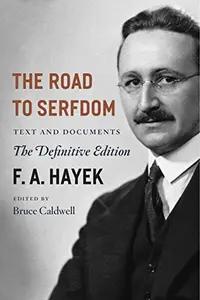
The Road to Serfdom
F.A. Hayek
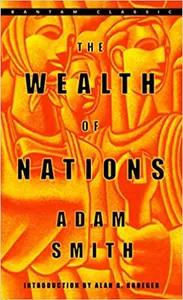
The Wealth of Nations
Adam Smith
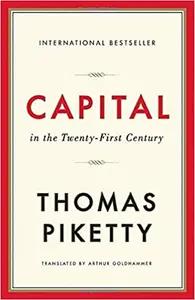
Capital In The 21st Century
Thomas Piketty
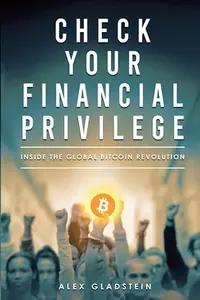
Check Your Financial Privilege
Alex Gladstein
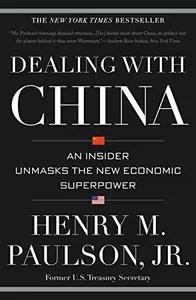
Dealing with China
Henry Paulson
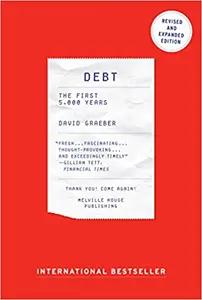
Debt
David Graeber
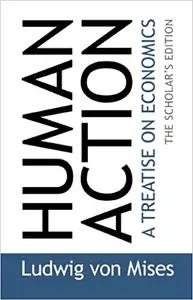
Human Action
Ludwig Von Mises
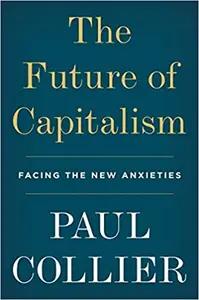
The Future of Capitalism
Paul Collier
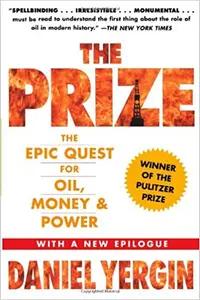
The Prize
Daniel Yergin
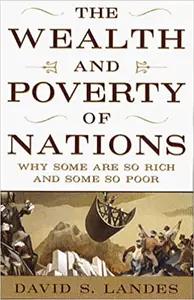
The Wealth and Poverty of Nations
David Landes
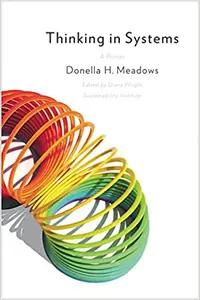
Thinking In Systems
Donella H. Meadows
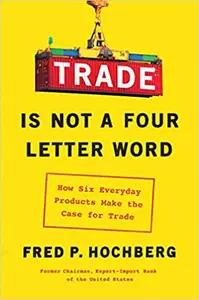
Trade Is Not A Four Letter Word
Fred Hochberg
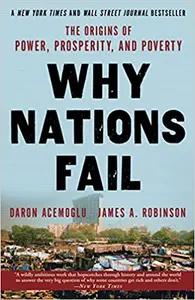
Why Nations Fail
Daron Acemoglu
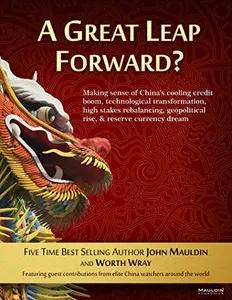
A Great Leap Forward?
John Mauldin & Worth Wray
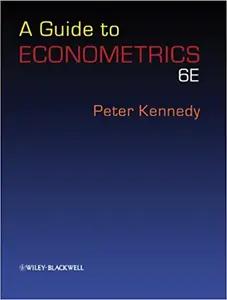
A Guide To Econometrics
Peter E. Kennedy
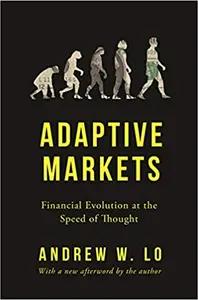
Adaptive Markets
Andrew Lo
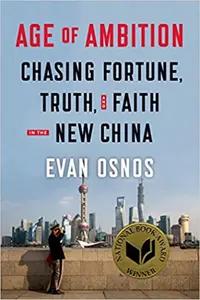
Age Of Ambition
Evan Osnos
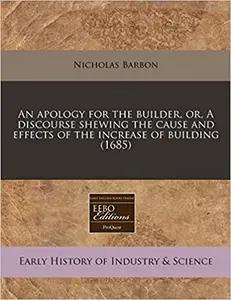
An Apology for the Builder
Nicholas Barbon
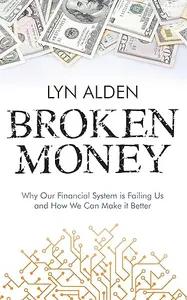
Broken Money
Lyn Alden
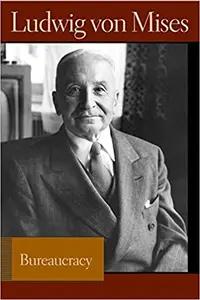
Bureaucracy
Ludwig Von Mises
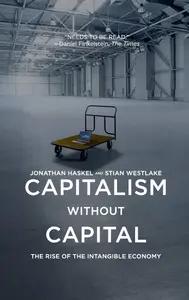
Capitalism Without Capital
Jonathan Haskel & Stian Westlake
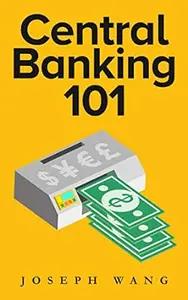
Central Banking 101
Joseph Wang
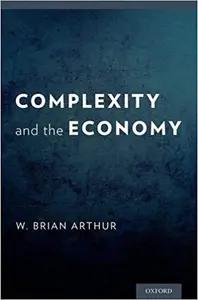
Complexity and the Economy
W. Brian Arthur
Popular Books Recommended by Great Minds 📚
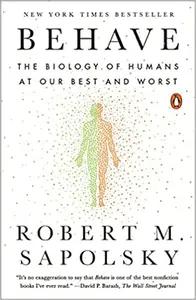
Behave
Robert Sapolsky
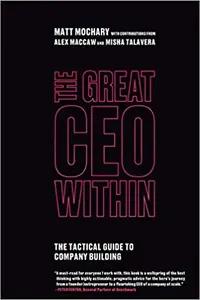
The Great CEO Within
Matt Mochary
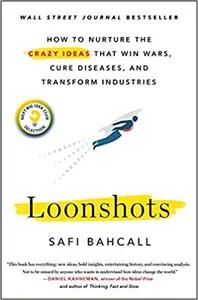
Loonshots
Safi Bahcall
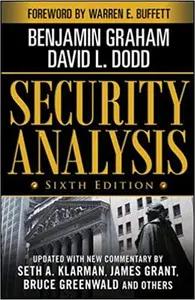
Security Analysis
Benjamin Graham
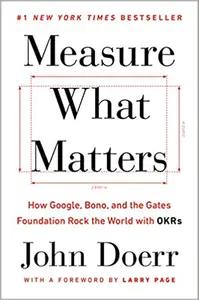
Measure What Matters
John Doerr
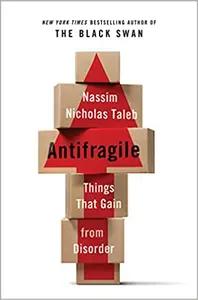
Antifragile
Nassim Nicholas Taleb
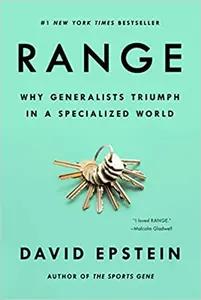
Range
David Epstein
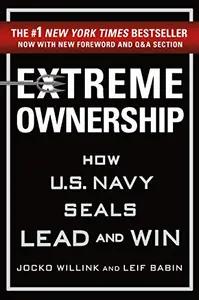
Extreme Ownership
Jocko Willink
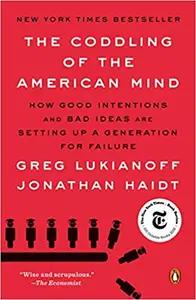
The Coddling of the American Mind
Greg Lukianoff & Jonathan Haidt
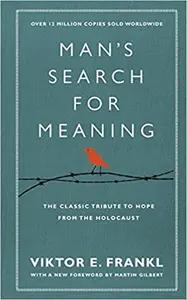
Man's Search for Meaning
Viktor Frankl

The Rational Optimist
Matt Ridley
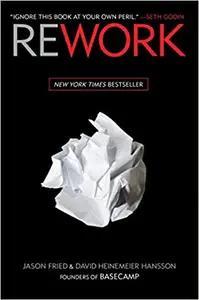
Rework
Jason Fried
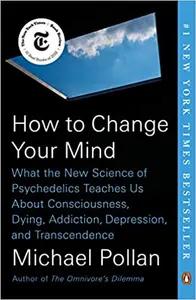
How to Change Your Mind
Michael Pollan
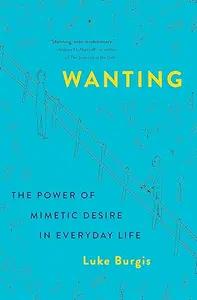
Wanting
Luke Burgis
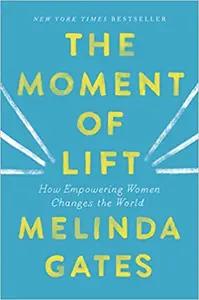
The Moment of Lift
Melinda Gates
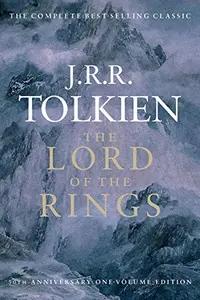
The Lord of the Rings
J.R.R. Tolkien
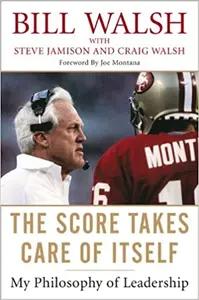
The Score Takes Care of Itself
Bill Walsh
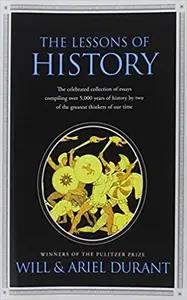
The Lessons of History
Will & Ariel Durant

Principles for Dealing With The Changing World Order
Ray Dalio
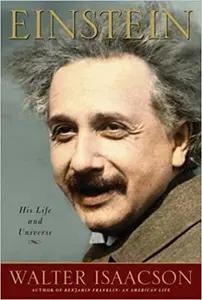
Einstein
Walter Isaacson
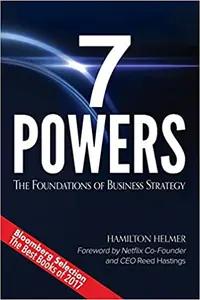
7 Powers
Hamilton Helmer
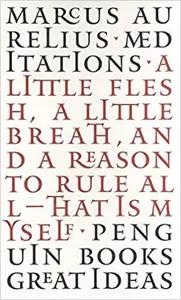
Meditations
Marcus Aurelius
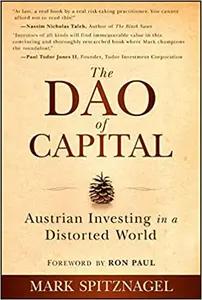
The Dao of Capital
Mark Spitznagel
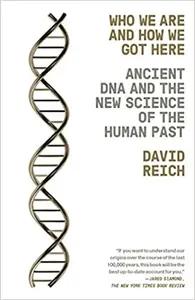
Who We Are and How We Got Here
David Reich
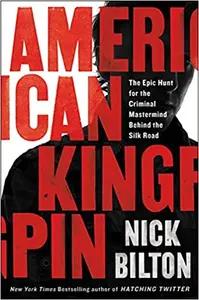
American Kingpin
Nick Bilton
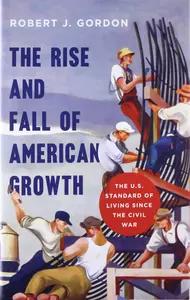
The Rise And Fall Of American Growth
Robert J. Gordon
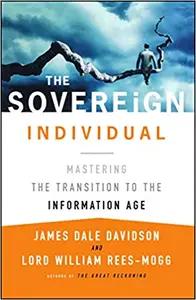
The Sovereign Individual
James Dale Davidson & William Rees-Mogg
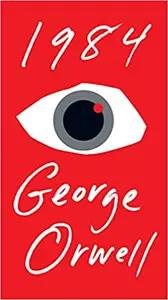
1984
George Orwell
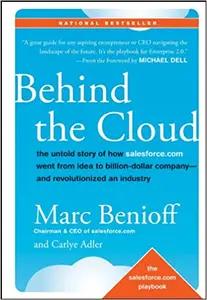
Behind the Cloud
Marc Benioff

Shoe Dog
Phil Knight
